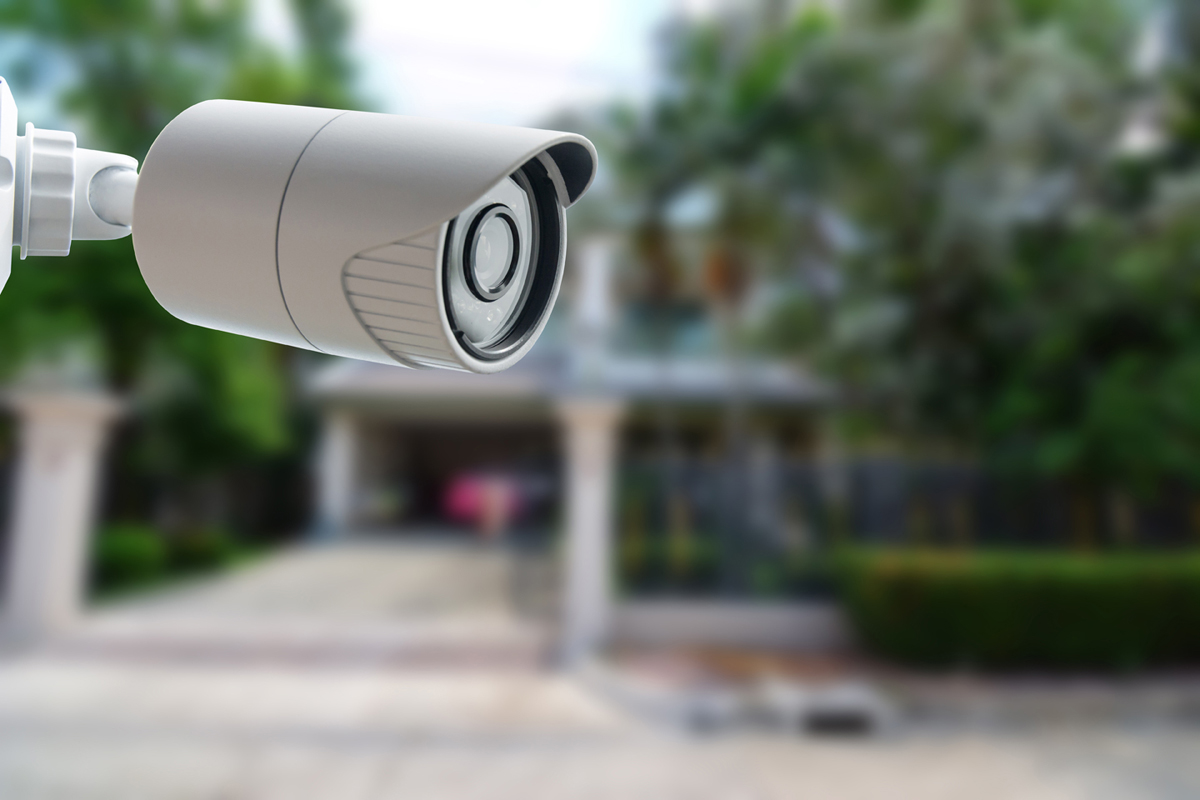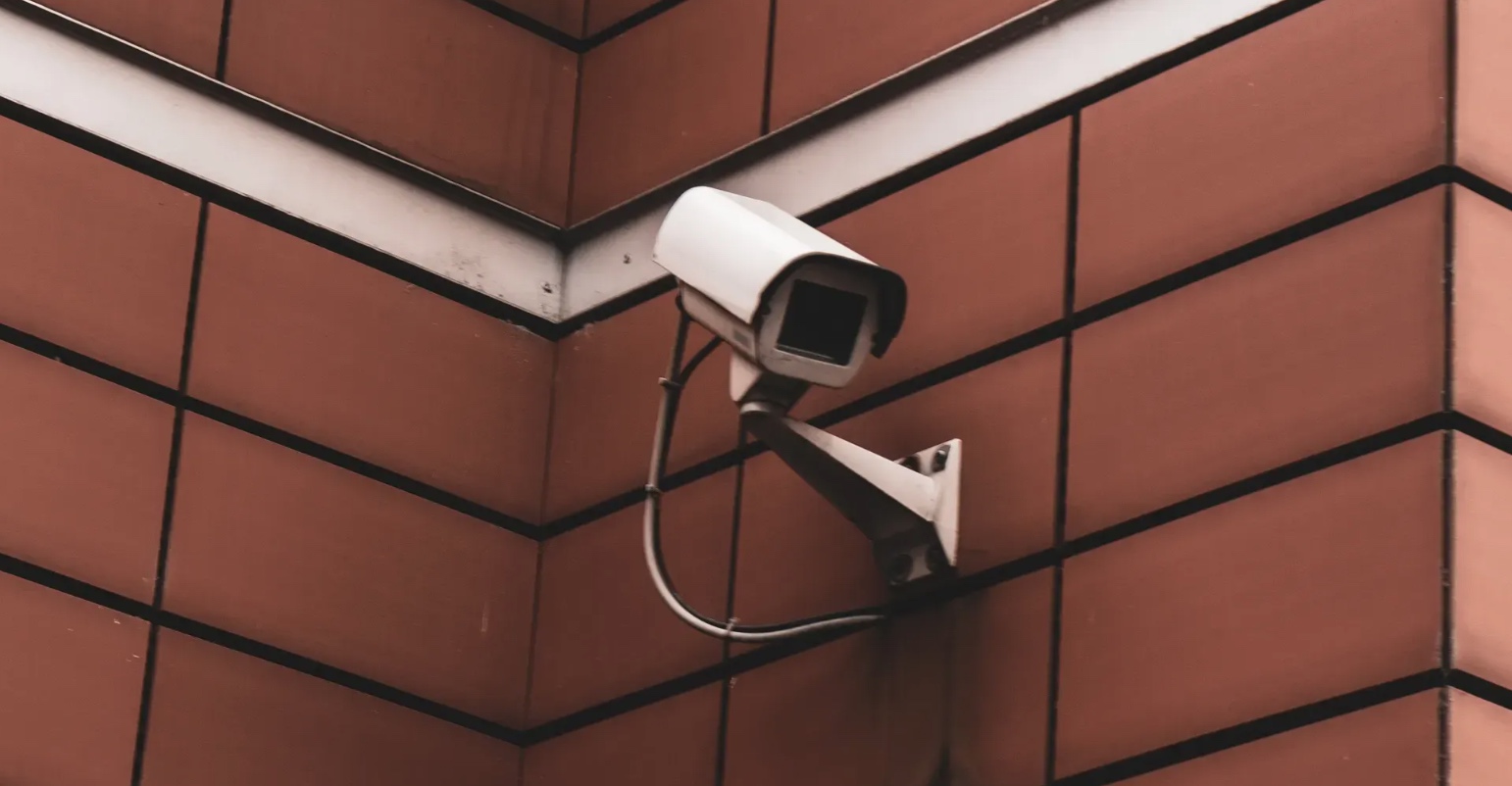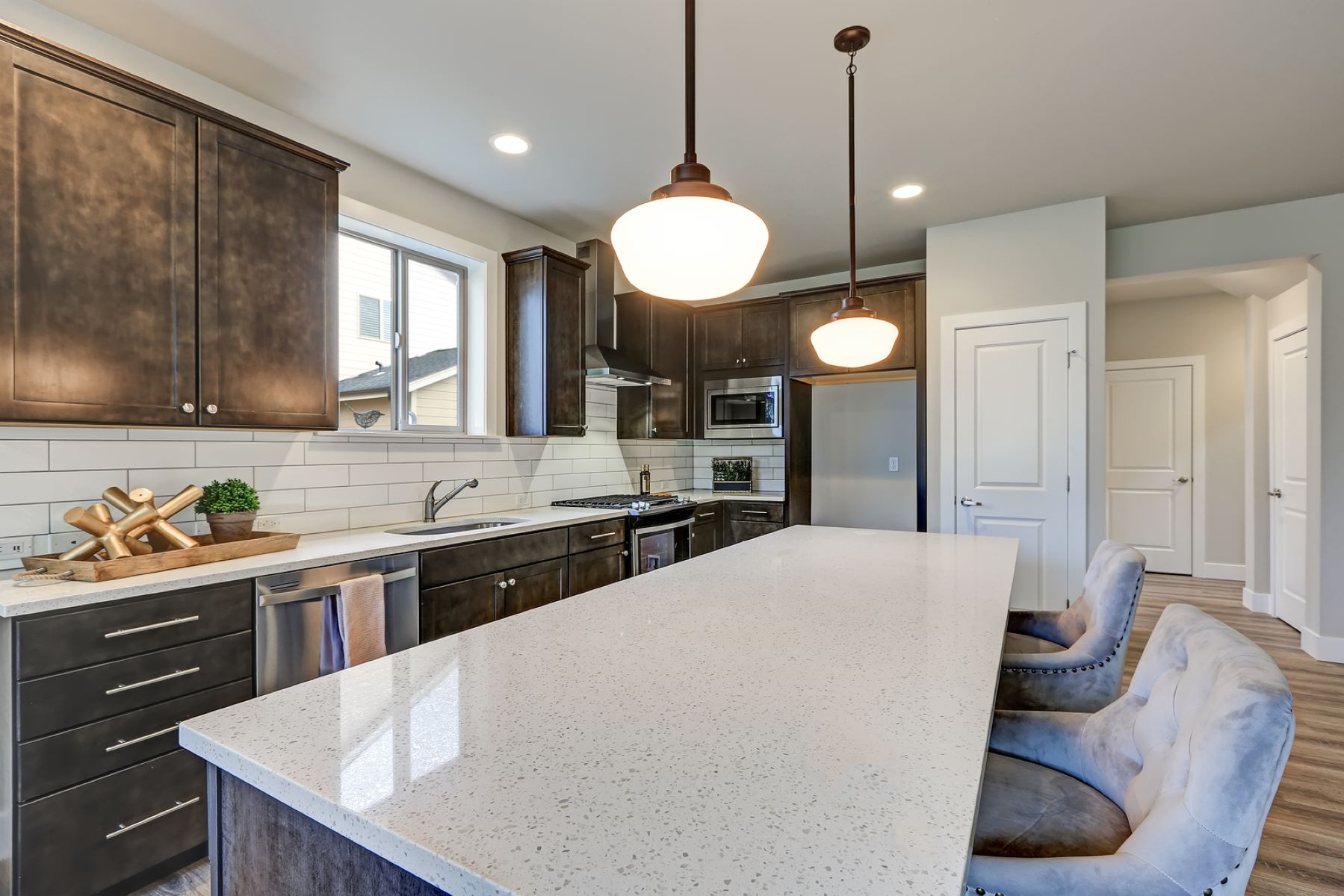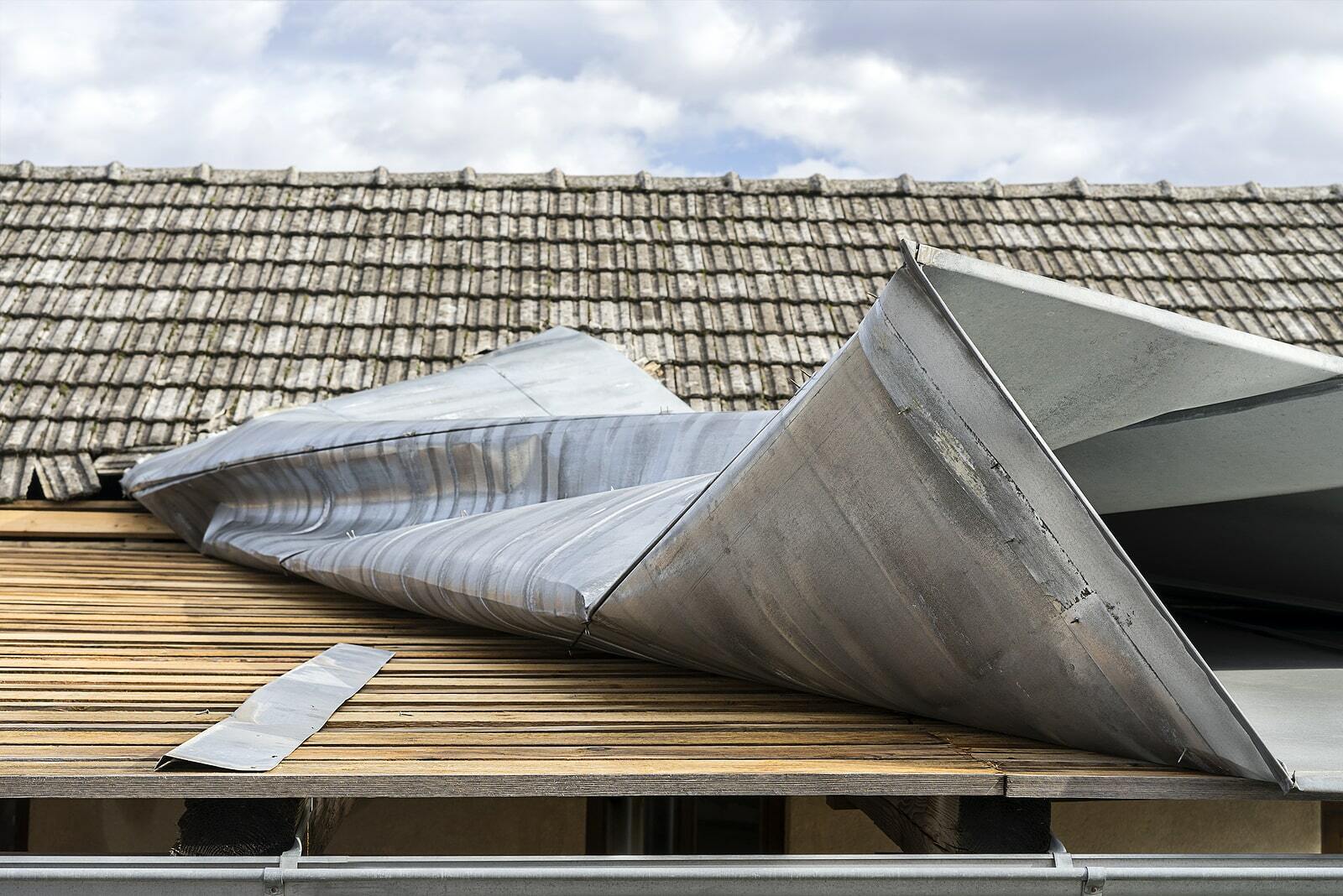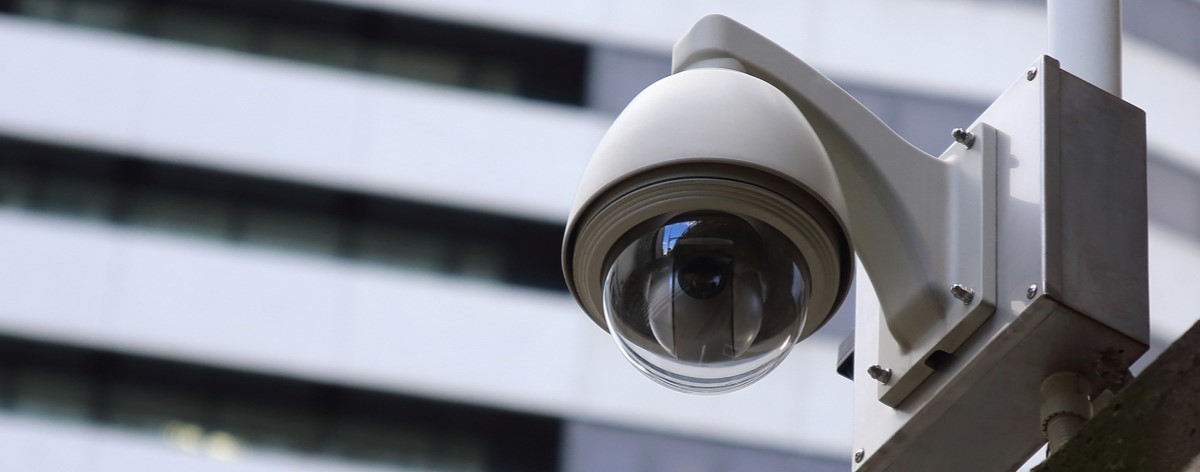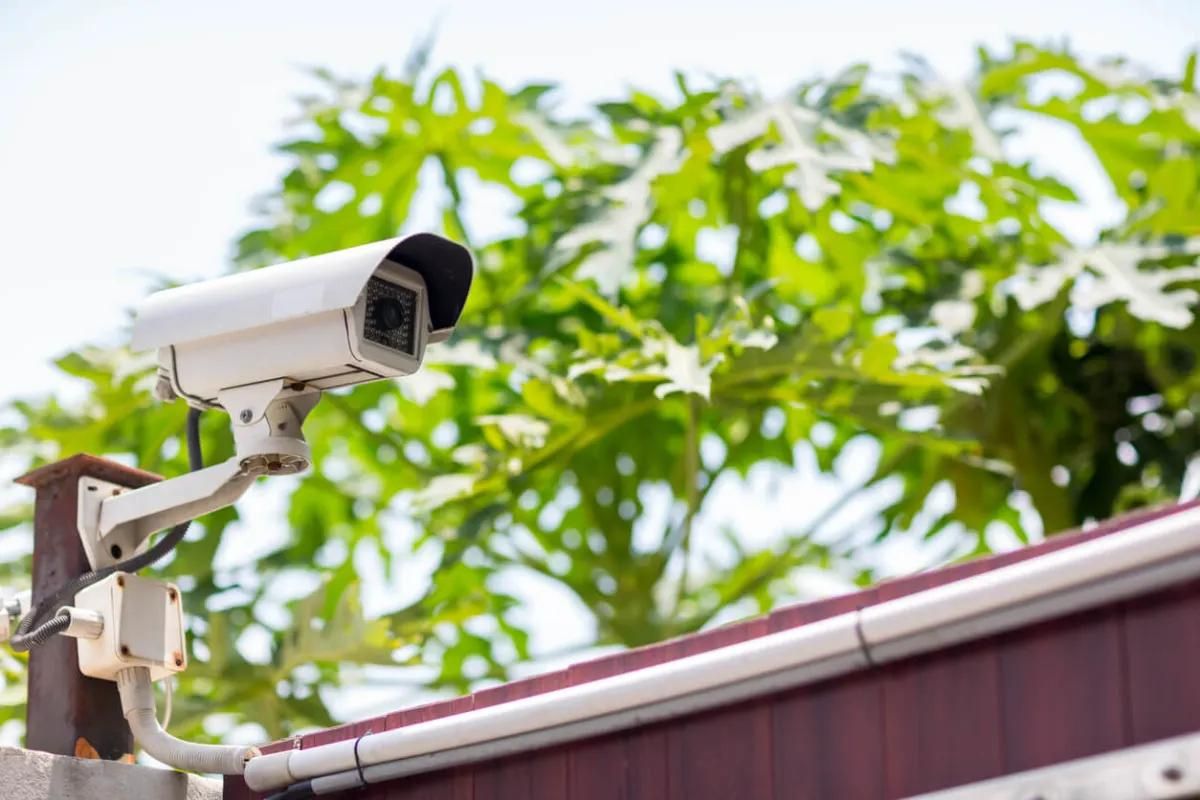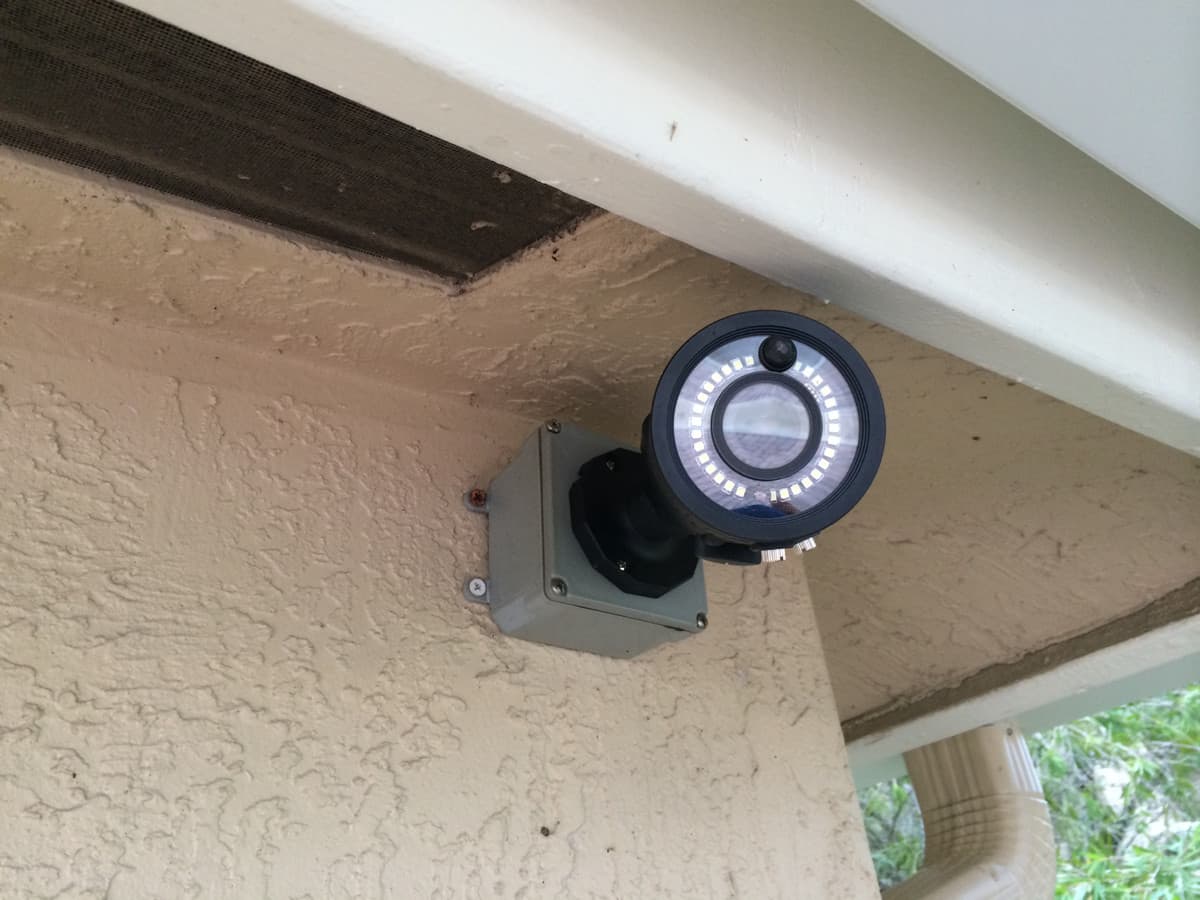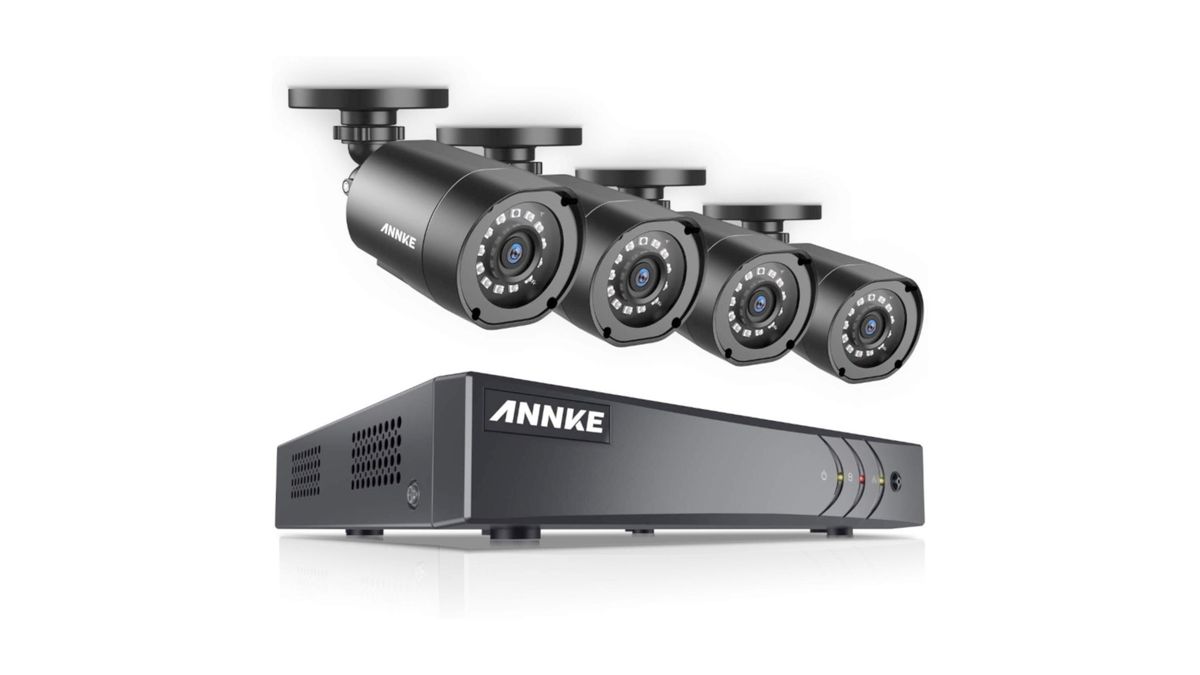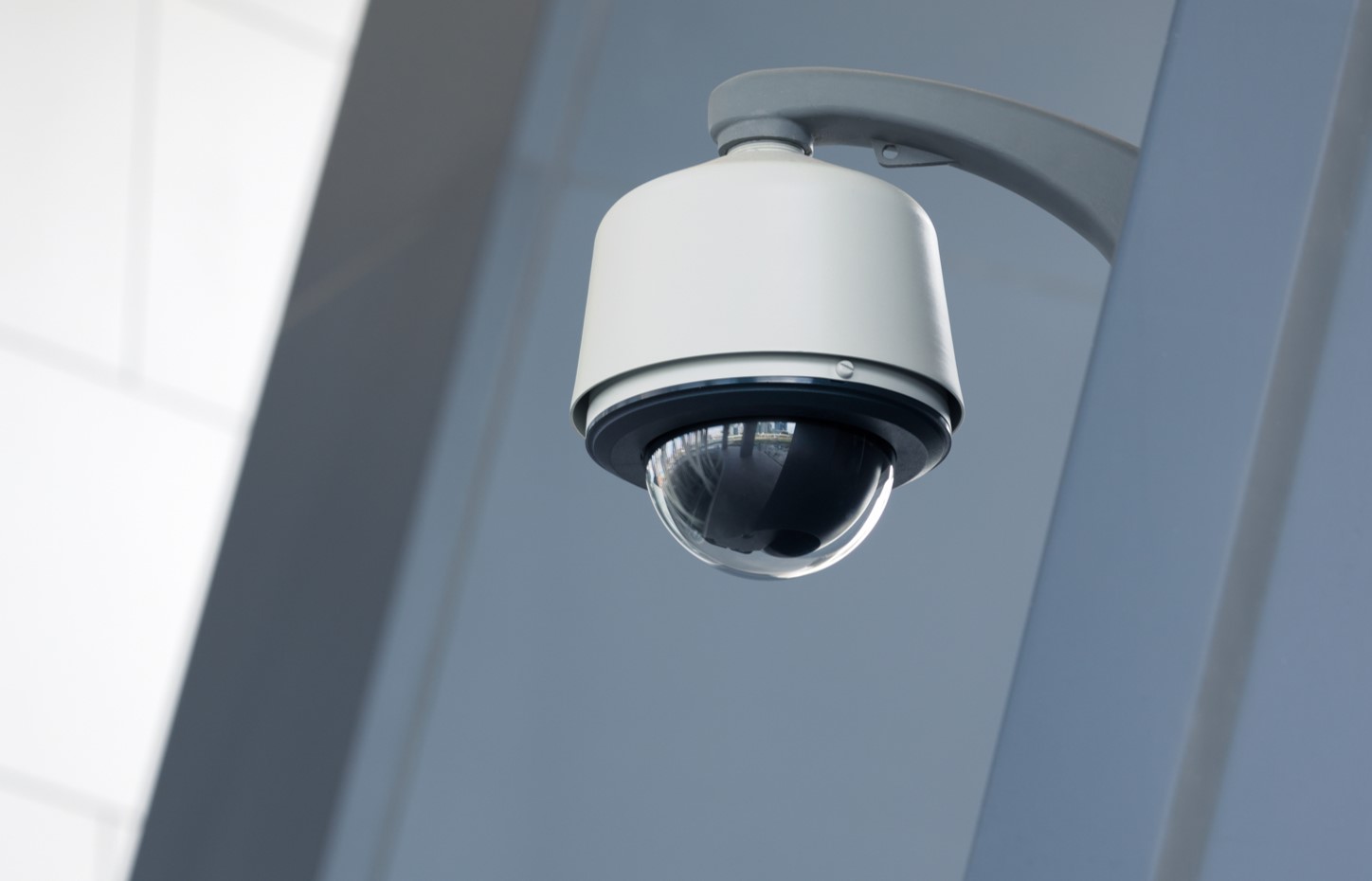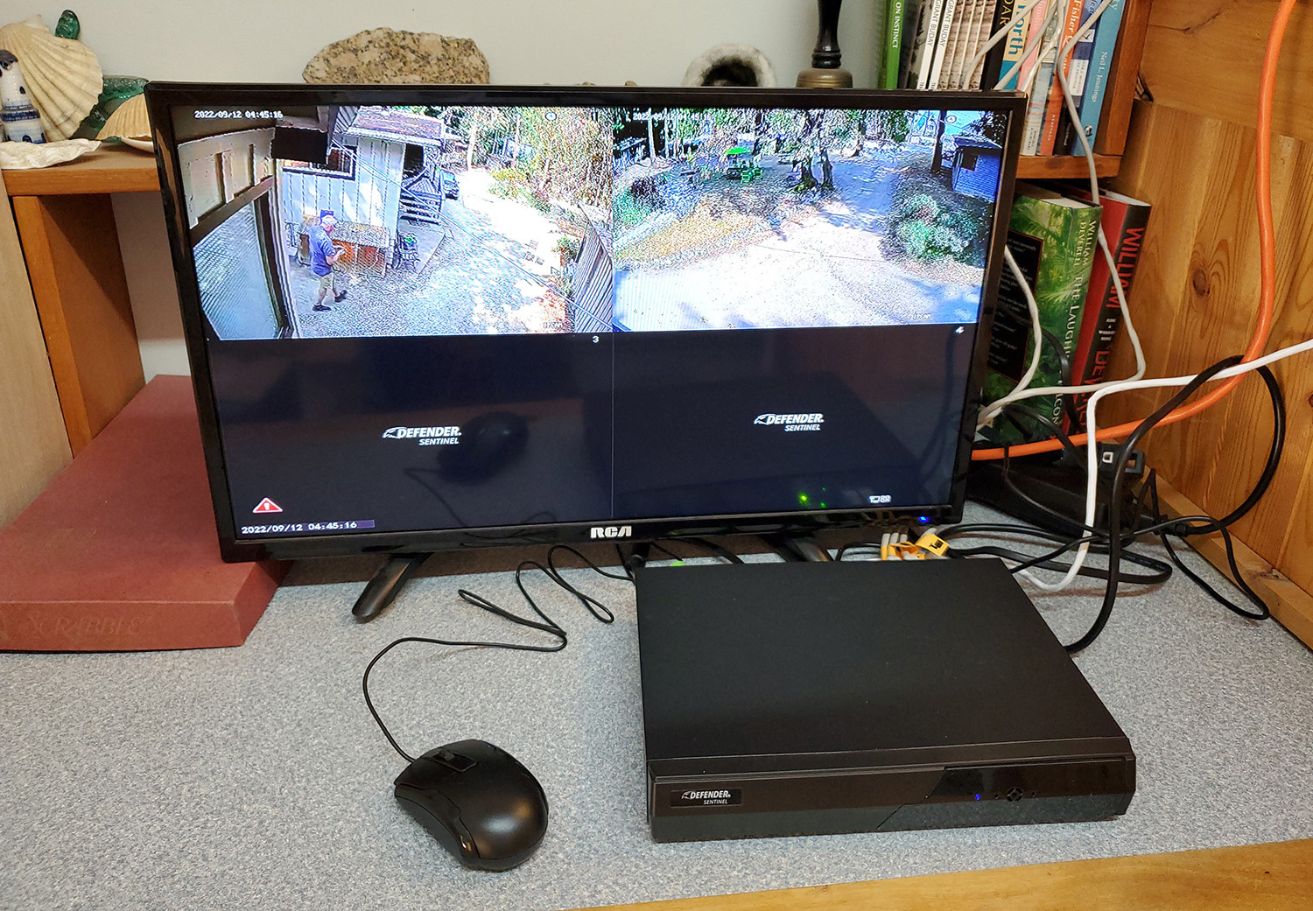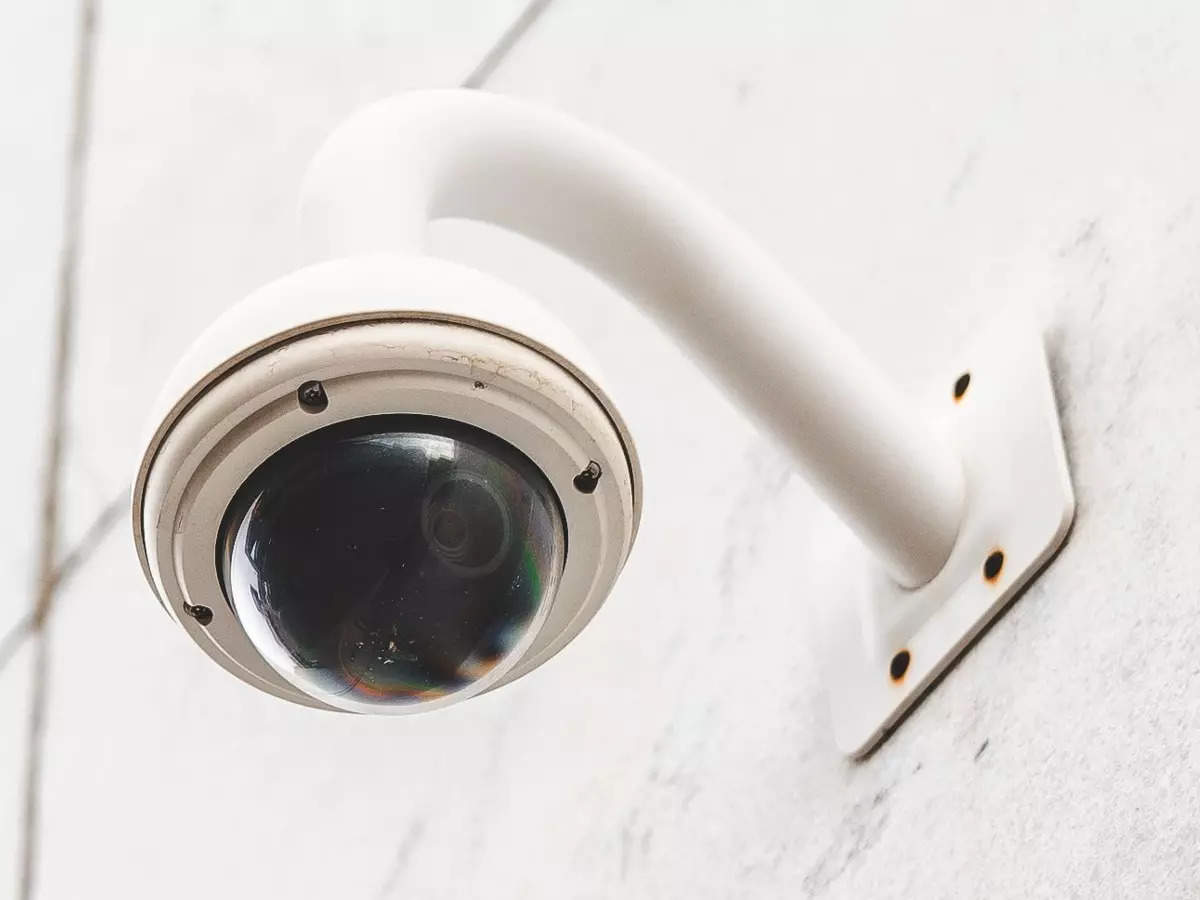Home>Home Security and Surveillance>What Are The Disadvantages Of Security Cameras
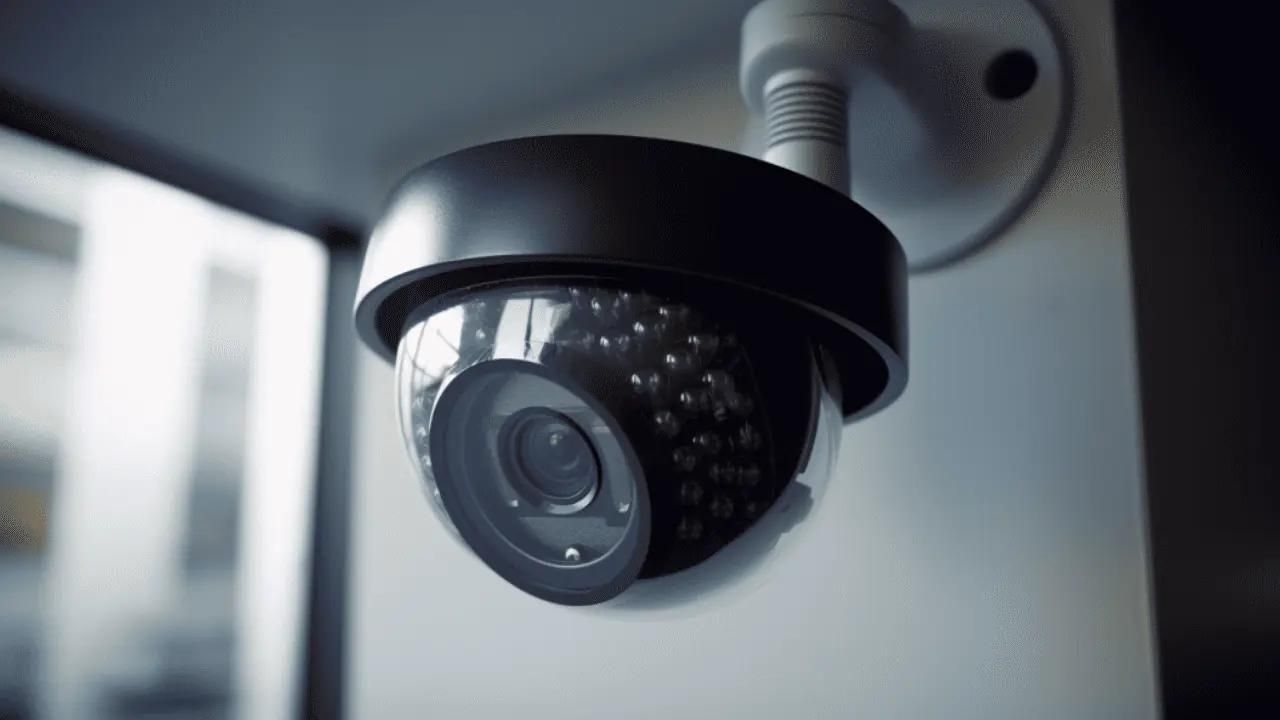

Home Security and Surveillance
What Are The Disadvantages Of Security Cameras
Modified: October 21, 2024
Discover the drawbacks of security cameras for home security and surveillance. Learn about their limitations and potential privacy concerns in this informative guide.
(Many of the links in this article redirect to a specific reviewed product. Your purchase of these products through affiliate links helps to generate commission for Storables.com, at no extra cost. Learn more)
Introduction
Home security and surveillance systems have become increasingly popular in recent years. These systems offer a range of benefits, including peace of mind, deterrence against potential burglars, and the ability to monitor your home remotely. However, it’s important to also consider the potential drawbacks of security cameras.
In this article, we will explore the disadvantages of security cameras to provide a balanced understanding of their impact on our lives. While these systems have undeniable benefits, it’s crucial to be aware of the potential downsides before installing them in your home.
Keep in mind that the disadvantages discussed in this article may vary depending on the specific system and setup you choose. Each individual’s circumstances and priorities may also play a role in determining whether the drawbacks outweigh the benefits. With that said, let’s dive into the potential disadvantages of security cameras.
Key Takeaways:
- Privacy and trust are important when using security cameras. Be mindful of where you place them and communicate with neighbors to avoid invasion of privacy and maintain a sense of community.
- Security cameras provide peace of mind, but they have limitations. Consider a comprehensive security system, be aware of maintenance needs, and take steps to secure against hacking.
Read more: What Are Security Cameras
Invasion of Privacy
One of the primary concerns associated with security cameras is the potential invasion of privacy. While these systems are intended to enhance security, they also have the ability to capture footage of individuals without their consent or knowledge.
Privacy is a fundamental right, and it’s essential to respect the boundaries of others. Having security cameras installed in and around your home means that your neighbors or even passersby might be captured on camera without their consent. This can lead to feelings of discomfort or violation.
In some cases, security cameras may inadvertently capture sensitive or private moments, such as conversations or activities within neighboring properties. This intrusion into personal lives can strain relationships and create an atmosphere of unease within the community.
It’s important to be mindful of camera placement and to communicate with neighbors about your intentions. Maintaining open lines of communication can help address potential privacy concerns and find common ground.
Additionally, it’s crucial to follow legal guidelines and regulations regarding the use of security cameras. Different jurisdictions have different laws regarding privacy and surveillance, so it’s essential to understand the specific regulations that apply to your area.
Ultimately, striking a balance between security and privacy is essential. Identifying areas where security cameras are necessary while avoiding invasion of privacy can help create a harmonious environment for everyone.
False Sense of Security
While security cameras can provide valuable surveillance and monitoring capabilities, they can also give homeowners a false sense of security. It’s important to recognize that security cameras are just one component of a comprehensive home security system.
While cameras can capture footage of potential intruders or suspicious activities, they do not physically prevent or deter intrusions from occurring. Relying solely on security cameras may lead homeowners to believe that their home is completely secure, when in reality, there are still vulnerabilities that need to be addressed.
An intruder who is determined to break into a property may find ways to avoid or disable security cameras. They may wear disguises, cover their faces, or tamper with the cameras to avoid detection. Without additional layers of security such as alarms, motion sensors, or security personnel, relying solely on cameras can leave your home vulnerable.
Moreover, technical issues can also render security cameras temporarily ineffective. Power outages, Wi-Fi disruptions, or camera malfunctions can occur, leaving your home unprotected during these periods. It’s important to have backup systems in place or to be aware of these limitations.
To avoid falling into the trap of a false sense of security, it’s crucial to invest in a comprehensive security system that combines cameras with other security measures. This may include motion sensor lights, smart locks, alarm systems, or even professional monitoring services. By layering security measures, you can create a more robust and effective security system for your home.
Cost
One important consideration when it comes to security cameras is the cost associated with installing and maintaining them. While the initial purchase of the cameras and equipment can vary depending on the brand and features, there are also ongoing expenses to consider.
First and foremost, the cost of security cameras themselves can be significant, especially if you are looking for high-quality cameras with advanced features. Additionally, you may need to purchase additional equipment such as storage devices, cables, or mounts to properly set up your surveillance system.
Furthermore, there are installation costs to take into account. While some homeowners may choose to install the cameras themselves, others prefer to hire a professional to ensure proper placement and setup. This can add to the overall expense, especially if you have a large property that requires multiple cameras.
Aside from the initial installation costs, there are also ongoing expenses associated with security cameras. These include maintenance and upkeep, as cameras may require regular cleaning, firmware updates, or repairs. Additionally, if you opt for cloud storage for your camera footage, there may be monthly or annual fees to maintain that storage capacity.
It’s also worth considering the cost of monitoring services. While some homeowners choose to monitor their security cameras themselves, others opt for professional monitoring services that alert authorities in the event of a break-in or suspicious activity. These services typically come with a monthly or annual fee.
Ultimately, the cost of security cameras and their associated expenses can add up over time. It’s important to carefully consider your budget and weigh the benefits against the financial commitment. Assessing the level of security you require and exploring alternatives can help you find a balance between cost and peace of mind.
Maintenance and Upkeep
While security cameras can provide valuable surveillance for your home, they also require regular maintenance and upkeep to ensure their optimal performance. Ignoring proper maintenance can lead to subpar video quality, reduced functionality, and even system failures.
Regular cleaning is crucial to maintain clear footage and reliable operation. Over time, dust, dirt, and debris can accumulate on the camera lenses, affecting the clarity of the recorded video. Cleaning the lenses and camera housing periodically can help ensure that your cameras capture clear and accurate footage.
In addition to physical cleaning, it’s essential to keep the camera firmware up to date. Manufacturers often release updates that improve performance, fix bugs, and enhance security features. Regularly checking for firmware updates and installing them can help keep your security cameras running smoothly and protect against potential vulnerabilities.
Proper storage and retention of recorded footage is another important aspect of maintenance. Depending on the storage capacity of your system, you may need to regularly review and delete old footage to make room for new recordings. If your cameras use cloud storage, you may need to monitor your storage limits and pay for additional storage space if necessary.
Weather conditions can also impact the performance and longevity of security cameras. Extreme temperatures, humidity, and exposure to the elements can potentially damage equipment over time. It’s important to choose cameras that are designed for outdoor use and to regularly inspect them for signs of damage or wear. Taking preventative measures, such as installing protective covers or housing, can help extend the lifespan of your cameras.
Finally, it’s important to have a plan for troubleshooting and addressing any technical issues that may arise. This may involve contacting customer support, consulting user manuals, or seeking professional assistance. Being proactive in addressing issues can help minimize downtime and ensure that your cameras are consistently providing the level of security you expect.
Remember that regular maintenance and proactive upkeep of your security cameras are essential to get the most out of your investment. By staying on top of these tasks, you can maximize the performance and longevity of your cameras, keeping your home protected and secure.
Consider the potential invasion of privacy and the possibility of misuse or abuse of surveillance footage when weighing the disadvantages of security cameras.
Read more: What Is Security Camera
Limited Coverage
One limitation of security cameras is their inherent inability to provide complete coverage of your property. Depending on the number of cameras you have and their placement, there may be blind spots or areas that are simply out of reach for monitoring.
For example, if you have a large property with multiple entrances, it may be challenging to adequately cover all areas with a limited number of cameras. Intruders can exploit these gaps in coverage, potentially bypassing cameras and going undetected.
Additionally, the field of view of security cameras may have limitations. Some cameras have fixed angles or narrow fields of view, resulting in a limited scope of monitoring. This can make it difficult to capture activities outside the designated view, such as incidents happening on the periphery of your property.
It’s important to strategically plan the camera placement to maximize coverage. Identifying high-risk areas such as entry points, windows, and vulnerable zones can help determine where cameras should be installed. However, even with careful planning, it may be challenging to achieve comprehensive coverage without a significant number of cameras.
Another factor that can impact coverage is the range of the cameras. Outdoor security cameras, for instance, may have limitations when it comes to capturing clear footage at longer distances. If you have a large backyard or expansive property, you may need to consider cameras with enhanced range capabilities or explore the option of additional camera installations to adequately cover the area.
Technology limitations also come into play when considering coverage. Some cameras may struggle with low light conditions, resulting in poor visibility during nighttime. Similarly, adverse weather conditions such as heavy rain or fog can impact the effectiveness of security camera footage.
While it’s crucial to understand the limitations of security camera coverage, there are potential solutions to address these issues. Strategically combining different types of cameras, such as wide-angle lenses, pan-tilt-zoom (PTZ) cameras, or motion-activated cameras, can help overcome coverage limitations and maximize surveillance capabilities.
Additionally, integrating your camera system with other security measures, such as motion sensor lights or perimeter alarms, can enhance the overall coverage and detection capabilities of your home security system.
By carefully considering the layout of your property, exploring different camera options, and strategically combining surveillance technologies, you can mitigate the limitations of coverage and create a more comprehensive security solution for your home.
Vulnerability to Hacking
One of the significant concerns with security cameras is their vulnerability to hacking. As technology continues to advance, so does the sophistication of cybercriminals who may target surveillance systems for various reasons.
Hackers can exploit security vulnerabilities in cameras or the network they are connected to and gain unauthorized access to the live feeds or stored footage. This invasion of privacy can be extremely concerning, as hackers can potentially spy on your activities or use the information obtained for malicious purposes.
There have been instances where poorly secured cameras have been hacked, resulting in footage being streamed or even posted online without the owner’s knowledge or consent. This not only compromises your privacy but can also lead to reputation damage and potential safety risks.
To mitigate the risk of hacking, it’s crucial to take proactive measures to secure your security cameras and network. Here are some steps you can consider:
- Change default passwords: Many security cameras come with default passwords that are well-known among hackers. Changing the default passwords to unique, strong passwords is essential.
- Regularly update firmware: Manufacturers often release firmware updates that address security vulnerabilities. It’s crucial to stay updated with these releases and apply the updates promptly.
- Secure your network: Ensure that your home Wi-Fi network is secure by enabling encryption, using a strong password, and disabling remote access capabilities.
- Enable two-factor authentication: Opt for security camera systems that offer the option to enable two-factor authentication. This adds an extra layer of security by requiring a second verification step to access the system.
- Monitor network activity: Regularly check your network for any suspicious activity or unknown devices connected to your cameras.
- Choose reputable brands: Opt for security camera brands that have a proven track record and prioritize security in their design and manufacturing processes.
By implementing these security measures, you can significantly reduce the risk of your security cameras being hacked.
It’s important to stay vigilant and understand that no security system is completely immune to hacking. Continuously monitoring and updating your security measures will help ensure that your cameras remain secure and maintain your privacy.
Legal and Ethical Concerns
When implementing security cameras, it’s crucial to consider the legal and ethical implications associated with their use. While cameras can provide valuable security benefits, there are boundaries and regulations that must be respected to avoid infringing on privacy rights and ethical considerations.
First and foremost, familiarize yourself with the laws and regulations pertaining to surveillance and privacy in your jurisdiction. These laws may vary from country to country and even from state to state, so it’s important to understand the specific rules that apply to you.
In some areas, there may be specific restrictions on where cameras can be placed, such as not being allowed to point cameras directly into neighboring properties or public areas where privacy expectations exist. Failing to comply with these regulations can lead to legal consequences, including fines or legal actions taken against you.
Another legal consideration is the audio recording feature that some security cameras offer. Laws regarding audio recording, also known as “audio surveillance,” can be more stringent than video recording laws. In many jurisdictions, audio recording is only allowed if all parties involved are aware of and consent to the recording. Violating these laws can have severe legal implications.
From an ethical standpoint, it’s essential to respect the privacy of others and avoid using security cameras in a way that invades their personal space. While it is reasonable to monitor your own property, it’s crucial to avoid capturing footage of private moments or activities in neighboring properties or public spaces.
Consideration should also be given to the potential for discrimination or bias in surveillance practices. It’s important to ensure that security cameras are not used as a means to target or discriminate against certain individuals or communities based on factors such as race, religion, or socio-economic status.
Transparency and clear communication are key in addressing legal and ethical concerns. Be open and upfront with neighbors, guests, and anyone who may come into contact with your security cameras. Informing them about the presence of cameras and how they are being used can help build trust and alleviate any potential concerns.
Regularly reviewing and revisiting the legal and ethical considerations surrounding security cameras can help ensure that your use of surveillance technology aligns with current rules and societal norms.
Remember, striking a balance between security and respecting the privacy and rights of others is essential for a responsible and ethical use of security cameras.
Social Implications
The widespread use of security cameras in homes has social implications that extend beyond privacy concerns and legal considerations. These social implications can affect the overall sense of trust, community, and personal interactions within a neighborhood or community.
One significant impact of security cameras is the potential erosion of trust among neighbors. The presence of cameras can create an atmosphere of suspicion and surveillance, as individuals may question each other’s motives and actions. This lack of trust can lead to strained relationships and a breakdown in community cohesion.
Some individuals may feel uncomfortable or inhibited by the presence of security cameras. They may modify their behavior or actions due to the perceived scrutiny and the knowledge that they are being recorded. This can impact the natural flow of social interactions and the sense of freedom within a community.
Moreover, the reliance on security cameras can result in a sense of detachment and decreased reliance on human interaction for monitoring and maintaining security. In a society where personal connections and community bonds are crucial, an overreliance on surveillance technology has the potential to isolate individuals and weaken the fabric of social relationships.
Another social implication is the potential for surveillance fatigue, where individuals become desensitized to the presence of cameras due to their ubiquity. This desensitization can lead to apathy and a diminished response to actual threats or suspicious activities, as people become accustomed to constant surveillance and potentially overlook real dangers.
The social implications of security cameras also extend to issues of social inequality and privilege. Not everyone has the financial resources or the ability to install and maintain security cameras. This can create a disparity in the level of security and protection available to different individuals or communities, reinforcing existing social inequalities.
To address these social implications, it’s important to strike a balance between utilizing security cameras for enhanced safety and maintaining a sense of trust and community. Open communication and fostering relationships with neighbors can help alleviate concerns and build trust.
Community initiatives, such as neighborhood watch programs, can explore alternative strategies for crime prevention and community safety that rely on human interaction and collective efforts rather than sole reliance on surveillance technology.
Ultimately, recognizing and addressing the social implications of security cameras is crucial to maintaining a sense of community, respect, and trust among neighbors. By fostering open dialogue and finding a balance between security and social dynamics, we can create communities that prioritize safety without sacrificing human connections.
Read more: What Are The Disadvantages Of Television
Conclusion
Security cameras undoubtedly offer numerous benefits in enhancing home security and surveillance. They provide us with a sense of peace of mind, deter potential intruders, and enable us to monitor our homes remotely. However, it is essential to consider the potential disadvantages that come along with their use.
Invasion of privacy is a significant concern with security cameras, as they have the potential to capture footage of individuals without consent or knowledge. It is crucial to be mindful of camera placement and communicate with neighbors to address privacy concerns. Understanding and abiding by legal regulations regarding surveillance is also vital to ensure that privacy rights are respected.
While security cameras can provide a level of security, they can also create a false sense of security. Relying solely on cameras without additional security measures can leave vulnerabilities and make your home more susceptible to break-ins. Investing in a comprehensive security system that includes alarms, motion sensors, and professional monitoring services can help address these limitations.
The cost of security cameras, including the initial purchase, installation, and ongoing maintenance, is another aspect to consider. It is crucial to carefully budget and weigh the benefits against the financial commitment when deciding to install security cameras.
Maintenance and upkeep are necessary to ensure the optimal performance of security cameras. Regular cleaning, firmware updates, and addressing technical issues promptly are crucial to maintain their effectiveness. Failure to do so can result in compromised video quality or even system failures.
Another limitation of security cameras is their limited coverage. Blind spots or areas out of reach may exist, leaving vulnerabilities in your home’s security. Strategic camera placement and the use of different types of cameras can help maximize coverage and minimize blind spots.
Vulnerability to hacking is a significant concern with security cameras. Taking proactive steps such as changing default passwords, keeping firmware up to date, and securing your network can help mitigate this risk. However, it’s important to stay vigilant and be aware that no system is completely immune to hacking.
Legal and ethical considerations are paramount when using security cameras. Familiarize yourself with the laws and regulations specific to your area, respect the privacy of others, and avoid discriminatory practices. Open communication and transparency with neighbors can help address concerns and maintain a sense of trust within the community.
Lastly, the social implications of security cameras should not be overlooked. Balancing security with the maintenance of trust, community, and personal interactions is essential. Cultivating relationships with neighbors and exploring alternative community safety initiatives can foster a sense of unity without solely relying on surveillance technology.
In conclusion, security cameras offer valuable security and surveillance benefits, but it is crucial to consider the potential disadvantages. By being mindful of privacy, understanding legal and ethical implications, and maintaining a balanced approach to security and community, we can create safer and more harmonious living environments.
Frequently Asked Questions about What Are The Disadvantages Of Security Cameras
Was this page helpful?
At Storables.com, we guarantee accurate and reliable information. Our content, validated by Expert Board Contributors, is crafted following stringent Editorial Policies. We're committed to providing you with well-researched, expert-backed insights for all your informational needs.
